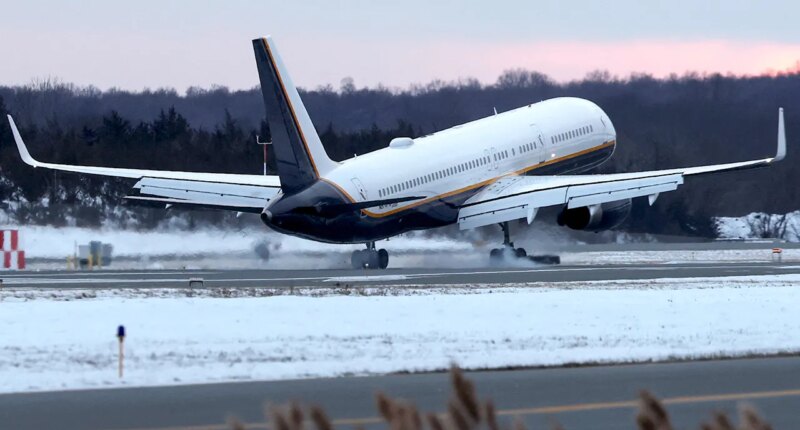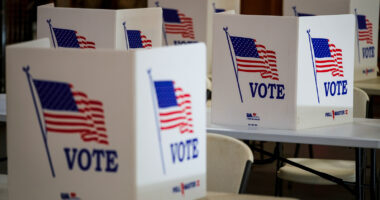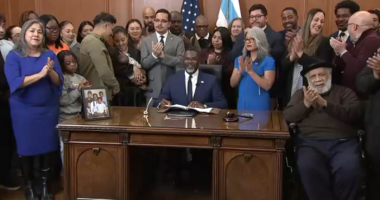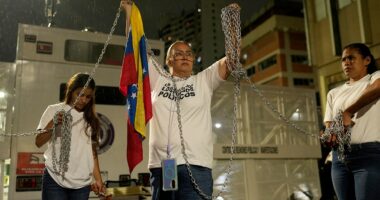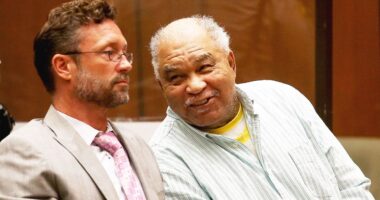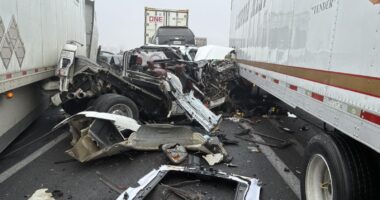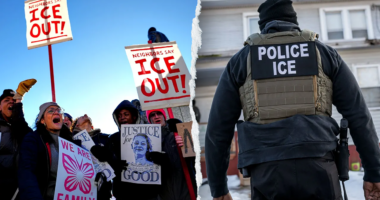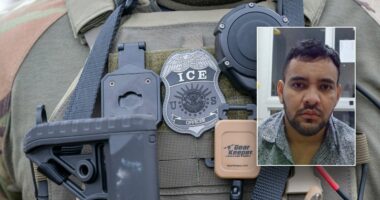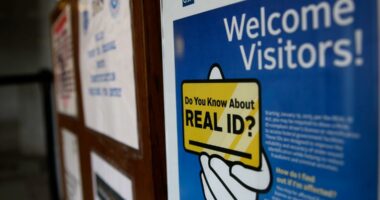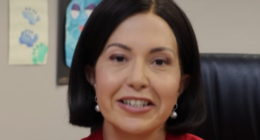Share this @internewscast.com
The Federal Aviation Administration (FAA) has issued a cautionary alert to pilots of U.S. airlines regarding flights over certain areas of the eastern Pacific Ocean, including regions near Mexico, Central America, and parts of South America. This warning highlights potential “military activities” and concerns about interference with satellite navigation systems.
Released on Friday, the advisory was part of a series of Notices to Airmen (NOTAMs) from the FAA. It emphasized the presence of potential risks for aircraft flying at any altitude, encompassing both overflights and phases of takeoff and landing.
The FAA confirmed to USA Today that these advisories pertain to specific regions, including areas in Mexico, Central America, Panama, Bogota, Guayaquil, and the Mazatlán Oceanic Flight Regions, as well as airspace over the eastern Pacific Ocean.
The exact reasons behind these cautions remain unspecified, with directives advising aircraft operators to “exercise caution.” Efforts to reach the FAA for additional comments have been made by Fox News Digital.

In related news, an airplane carrying Venezuelan President Nicolás Maduro and his wife Cilia Flores was seen arriving at Stewart Air National Guard Base in Newburgh, New York, ahead of their planned court appearance in Manhattan on January 3, 2026. (Photo credit: Mike Segar/Reuters)
This series of notices follows a period marked by U.S. military operations targeting suspected drug-trafficking vessels in both the Caribbean Sea and the eastern Pacific Ocean.
In November, the FAA had warned all pilots to exercise caution when flying in the airspace over Venezuela “due to the worsening security situation and heightened military activity.”
In December, a JetBlue flight from the Caribbean nation of Curaçao halted its ascent to avoid colliding with a U.S. Air Force refueling tanker.

A sign marks the Federal Aviation Administration’s (FAA) Boston Air Route Traffic Control Center in Nashua, N.H. (Brian Snyder/Reuters)
Earlier this month, the Trump administration carried out a military operation capturing Venezuelan dictator Nicolás Maduro and his wife, Cilia Flores.
President Donald Trump also recently told Fox News that the U.S. will expand operations against drug cartels.
“We’ve knocked out 97% of the drugs coming in by water, and we are going to start now hitting land,” Trump told Fox News host Sean Hannity in early January. “The cartels are running Mexico, it’s very sad to watch and see what’s happened to that country.”
U.S. Southern Command released footage showing a precision strike by U.S. forces on a narcotics vessel operated by a designated terrorist organization in the Eastern Pacific on Nov. 15, 2025. (US Southern Command)
The latest FAA notices will be in effect for 60 days.
